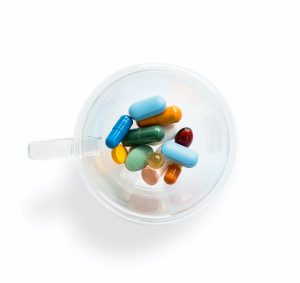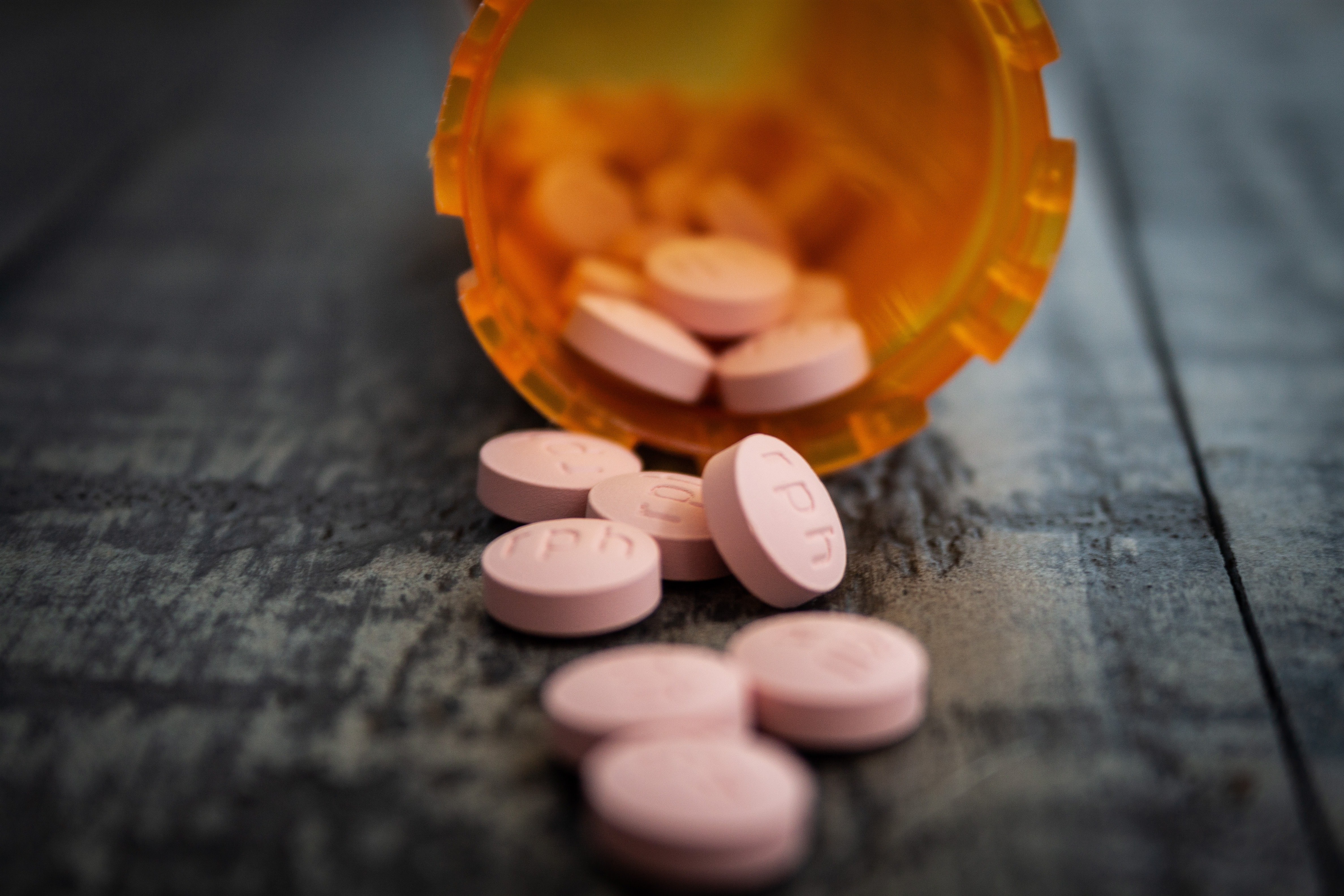Plaintiffs asks for an independent examiner to review Purdue’s finances.
As the COVID-19 pandemic rages, it can be easy for some to forget the opioid epidemic – but not everyone will. Those who suffer from opioid use disorder (OUD) can be profoundly affected by the anxiety and uncertainly of the coronavirus. And this is precisely why it is important to remember the Purdue Pharma case and ensure it keeps advancing as scheduled. Purdue Pharma, the drug marker privately owned by the Sacklers and responsible for the manufacturing of the highly addictive painkiller, OxyContin, filed for bankruptcy protection last fall. Over 2,600 lawsuits had been filed against the company, which were largely focusing on alleged deceptive marketing practices, and victims want to ensure it is held accountable.
Judge Robert D. Drain of the U.S. Bankruptcy Court in White Plains, New York., extended the no-litigation shield to eight members of the Sackler family even though the $35 billion in sales of OxyContin had made them one of the richest families in the United States with a net worth at $14 billion. Since then, plaintiffs have since been trying to get the judge to appoint an independent examiner to take a closer look at the Sackler’s assets so the family is unable to reach a global settlement while protecting much of its fortune.

The Sacklers have agreed to pay at least $3 billion, but many plaintiffs and their attorneys are concerned the family has transferred funds overseas. Twenty law school professors pleaded for an examiner to be appointed last November but were unsuccessful.
According to a report made public late last year, one set of the Sackler’s overseas cash transfers totaled $312 million and was made in 2017, the same year lawsuits began to be filed against Purdue. But the money was subsequently characterized as a loan and paid back to Purdue. The plaintiffs are wondering how many more transfers exist that the family is trying to hide to avoid being held accountable for the crisis.
In 2019, John Coffee Jr., director of Columbia Law School’s Center on Corporate Governance, wrote in a report prepared for Utah’s Division of Consumer Protection that the “Purdue board was kept a Sackler-family dominated club.” Coffee said this represents “dysfunctional corporate governance” and “there is little to distinguish the control that the Sacklers exercised over Purdue from the control that the Godfather held over his Mafia family.”
On May 12, Drain granted a request from two dozen attorneys general enabling them to issue subpoenas directly to banks instead of having to have them first reviewed by the Sacklers’ defense attorneys. However, the Sacklers are still able to review and redact information, ensuring nothing to sensitive is ever made public. The purpose of appointing an independent examiner would be to allow for a more in-depth analysis of the full spectrum of the Sacklers’ finances so victims and their families would be able to determine what a fair settlement offer would be.
“We need full transparency into their total assets and must know whether they sheltered them in an effort to protect against creditors and victims,’’ New York Attorney General Letitia James said after the state’s filing. “We are committed to holding the Sacklers responsible for the role they played in fueling the opioid crisis and will not stop fighting until we have achieved justice for victims.’’
Sources:
Op-Ed: How to hold Purdue Pharma accountable for its role in the opioid epidemic


Join the conversation!